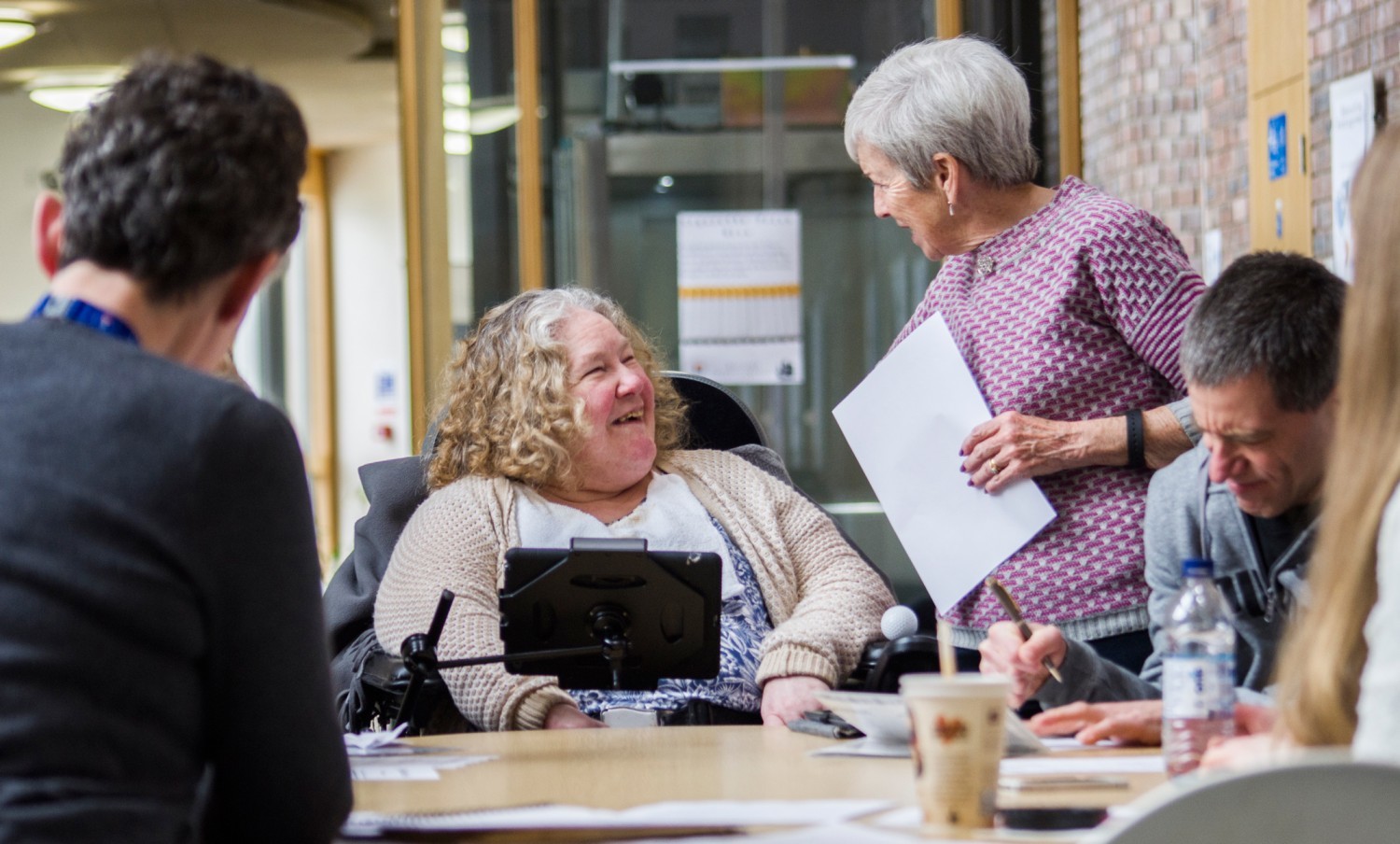Dundee University has launched a £1 million project to help people with complex disabilities converse with others.
The research project, in partnership with Cambridge University, hopes to dramatically change the way people with no speech can communicate.
Current computer-based systems, called voice output communication aids (VOCAs) use word prediction to speed up typing, but are extremely slow and make face-to-face conversation difficult.
The researchers are hoping to speed up the ways in which people can communicate.
Rolf Black, project investigator at the university, said: “Despite four decades of VOCA development, users seldom go beyond basic needs-based utterances as communication rates remain, at best, ten times slower than natural speech.
“This makes conversation almost impossible and is immensely frustrating for both the user and the listener. We want to improve that situation considerably by developing new systems which go far beyond word prediction.”
The team want to produce the first VOCA system which will not only predict words and phrases but will provide access to extended conversation by predicting narrative text elements tailored to an ongoing conversation.
Rolf added: “This does not mean that the computer will speak for a person. It will be more like a companion who, being familiar with aspects of your life and experiences, has some idea of what you might choose to say in a certain situation.”









